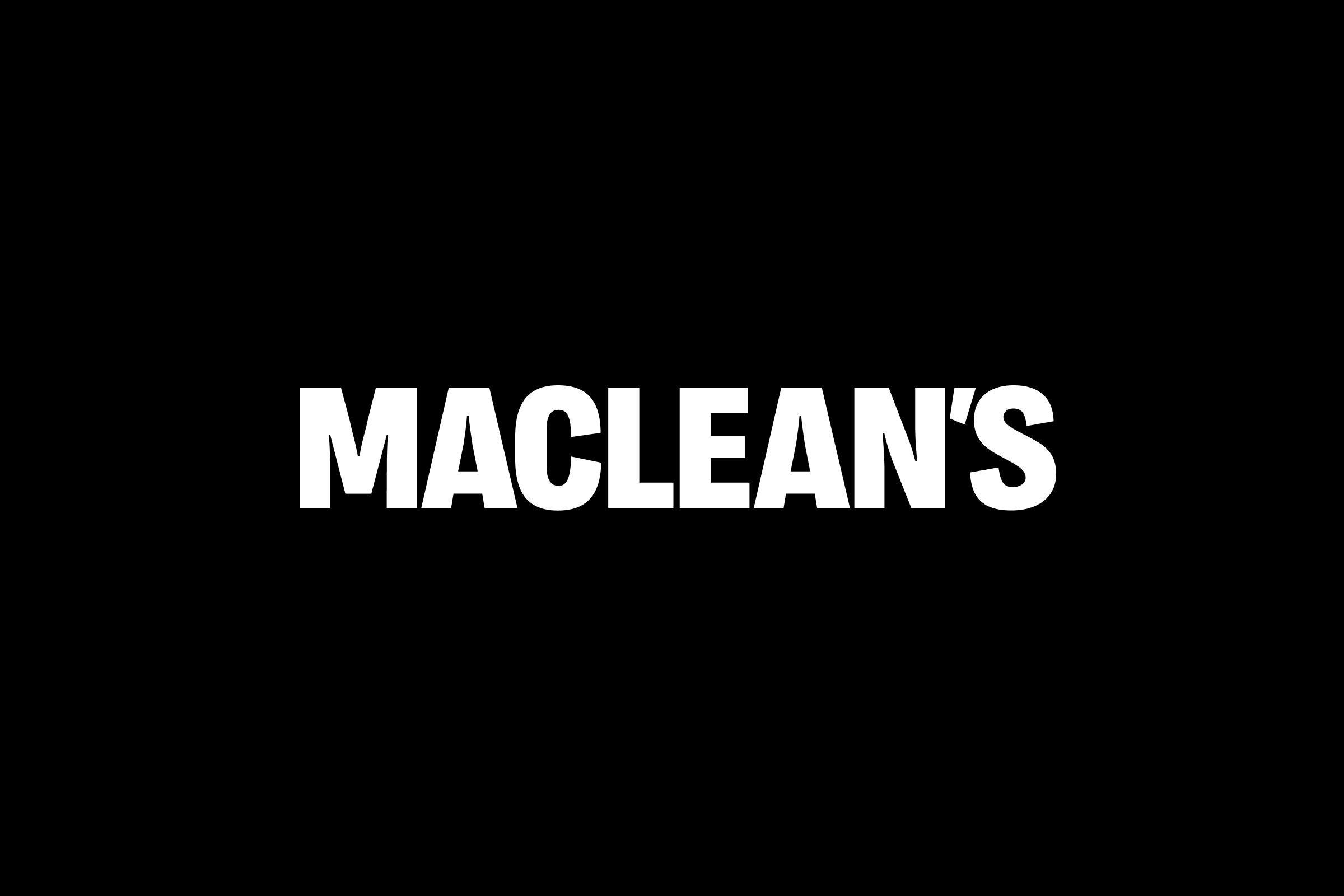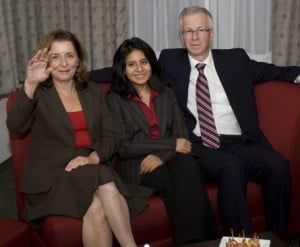liberalism
Idea alert
While rejecting a Liberal-NDP merger, Rob Silver wonders if a new party might make sense.
The liberal dilemma
Stanley Greenberg outlines the trouble for Democrats in the United States.
Bikinis and beer are okay
The leader of Tunisia’s liberal Islamist party says alcohol and sunbathing won’t be banned
Day 3, epilogue
Here is video of Michael Ignatieff’s closing remarks. The speech itself will neither change the course of human history, nor is it likely to doom him to political failure. That’s my expert analysis.
The politics of IQ
Squabbling persists over who’s smarter, liberals or conservatives. Maybe a better question is: who cares?
That Krieber manifesto, short version
Colby Cosh on Janine Krieber’s open letter to the Liberals
‘Liberalism is not a bloodless breviary for rootless cosmopolitans’
The text of Michael Ignatieff’s speech—for the annual Isaiah Berlin lecture—in London, England this evening.
The Liberal Comeback In America
Conventional wisdom in America would have you believe that identifying oneself as liberal is politically risky. After all, when was the last time a serious political contender for the presidency embraced the liberal label? Outside of Teddy Kennedy, Democratic politicians have preferred the term ‘progressive’ to ‘liberal’ for the past three decades. The epic Obama-Clinton battle of last year rarely featured the word ‘liberal.’ President Clinton, a liberal president in a conservative era, preferred the term centrist to identify his brand of politics. He therefore drifted even further from the ‘liberal’ label. Obama seems hesitant to use the word, but when you look at his policies and listen to his rhetoric, you get the distinct impression identifying as a liberal may no longer be a liability for a mainstream politician. In fact, I believe the word ‘liberal’ is on the verge of a resurgence and a comeback. As well it should.

